Is Thailand safe to visit? What every tourist (and expats) should know
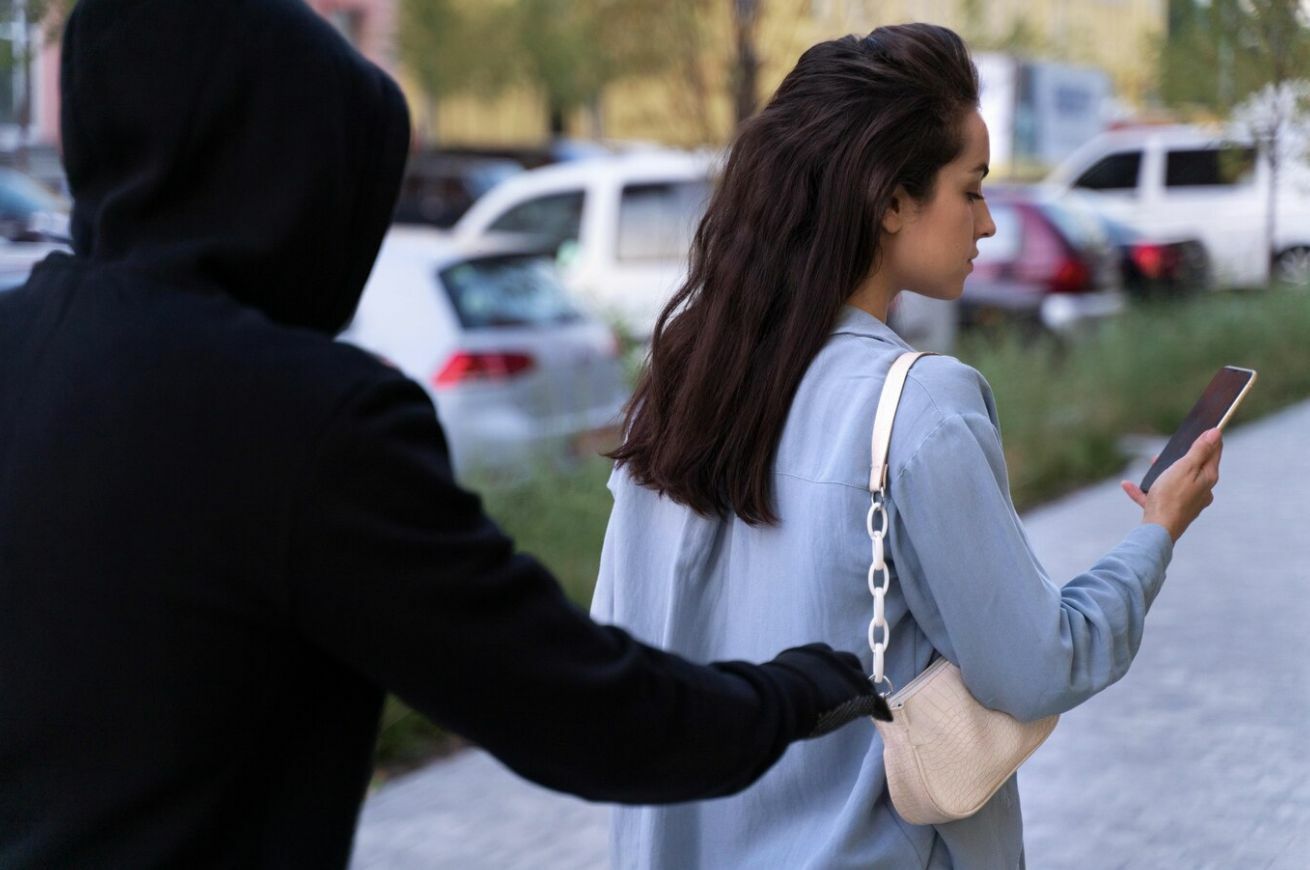
Thailand is one of the most visited countries in Asia, and it’s easy to see why. The people are friendly, the food is delightful, the culture is beautiful, and the nature is breathtaking. But if you’re visiting the country for the first time, one of the main concerns you probably have is safety, especially if you’re a female or solo traveller. So, is Thailand safe? Here’s everything you need to know about safety in Thailand in 2023.
How safe is it to travel to Thailand?
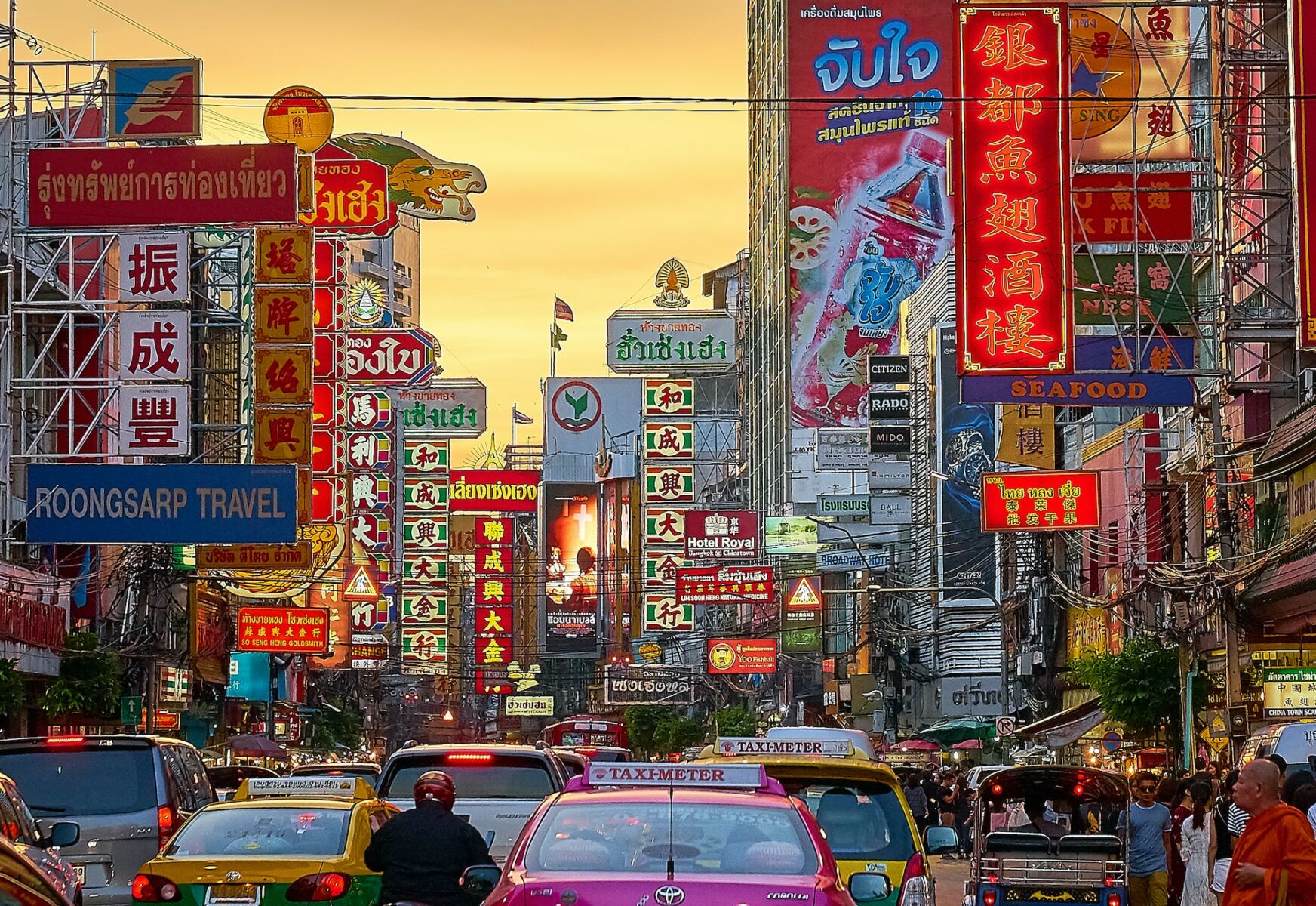
Thailand is generally a safe country to travel to. It’s currently ranked 92nd out of 163 countries for peaceability in the latest Global Peace Index. Moreover, the U.S. State Department considers it to be a level-1 country, which means you only need to exercise normal precautions. Beyond the statistics, the warmth of the locals adds to the sense of safety. Thai people are known for their friendliness and welcoming nature, making visitors feel comfortable and secure during their stay.
While violent crime is relatively rare, it’s essential to keep an eye out for petty crimes like theft and pickpocketing. Plus, since Thailand is a popular tourist destination, opportunistic individuals are looking to take advantage of visitors, so be aware of common tourist-targeted scams.
And like every other country in the world, Thailand has its share of less desirable areas that you might want to steer clear of. You’ll often find government advisories recommending that you avoid the southernmost provinces bordering Malaysia, such as Yala, Pattani, Narathiwat, and some parts of Songkla due to civil unrest associated with ongoing insurgent activities. However, the majority of the country, particularly the popular tourist spots and expat hubs, is generally safe.
What are the most common types of crime in Thailand?
Scams targeting tourists
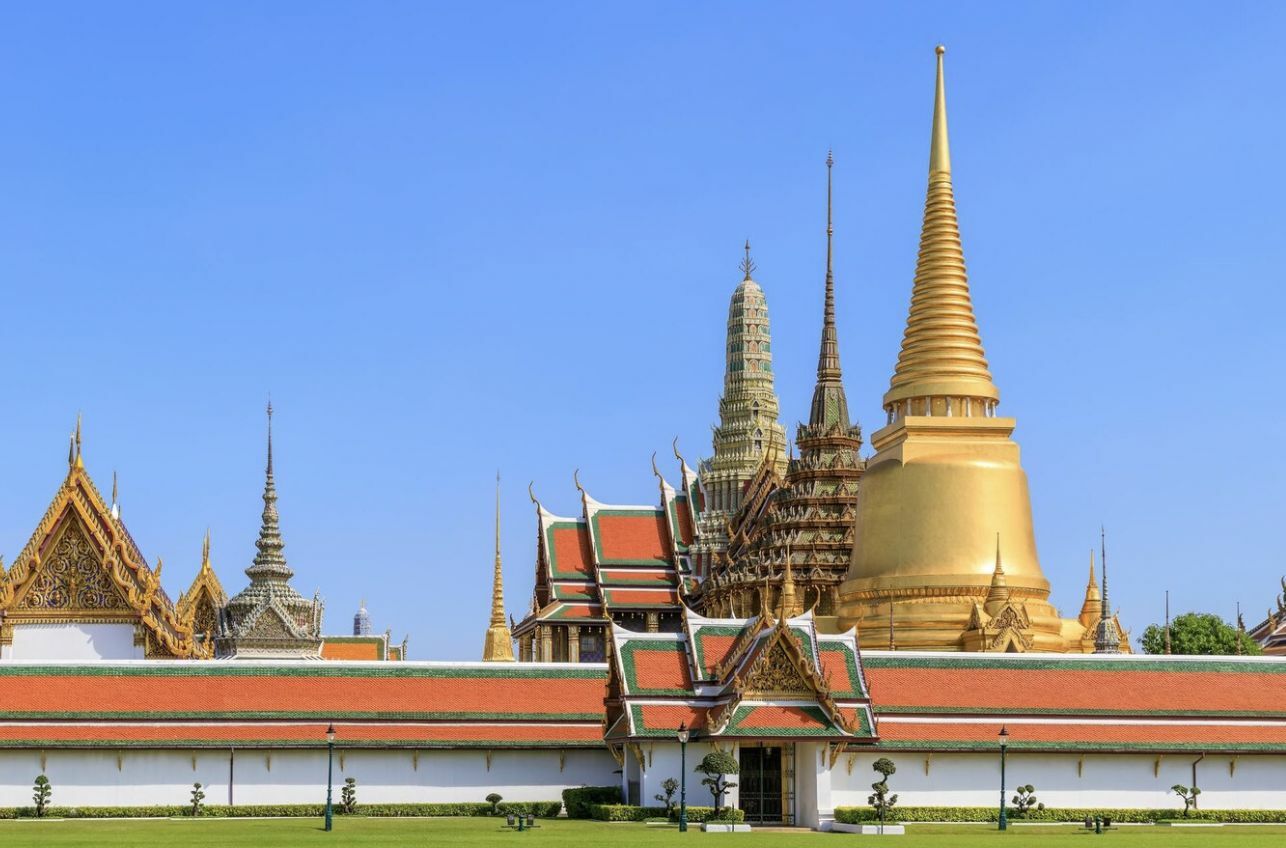
Tourist scams are probably the most common type of crime you’ll run into in Thailand. Many of these scams are the same old tricks that just keep working. With so many people visiting the country, there are plenty of fresh targets. You don’t actually have to be afraid of these scams, but it’s definitely a smart move to know about them so you can avoid losing your money and getting frustrated. Here are some of the most common tourist traps and scams in Thailand.
Closed attraction scam
This happens a lot in popular tourist attractions, particularly the Grand Palace in Bangkok. Here’s how it works: someone, often dressed nicely or even in a uniform to seem official, will approach you and claim that the attraction is closed for the day when it’s actually open. They will then offer to take you to a “better destination.” The aim is to lure you into taking a city tour that includes stops at places like clothing shops, cafes, or gem stores, where the sellers can be quite persistent, and the drivers earn a commission.
Tour scam
When you’re looking to book an excursion or activity, you may come across some incredibly low-priced deals that are well below the average rates. Be cautious; while travel in Thailand is generally affordable for most Western visitors, unusually cheap prices should raise a red flag. What’s offered might not match up to the quality or promises made. It can be tricky, but one way to avoid this is by researching. Check the service’s price and read online reviews of the provider. In our opinion, using reputable online booking platforms is a safer bet.
Rental scam
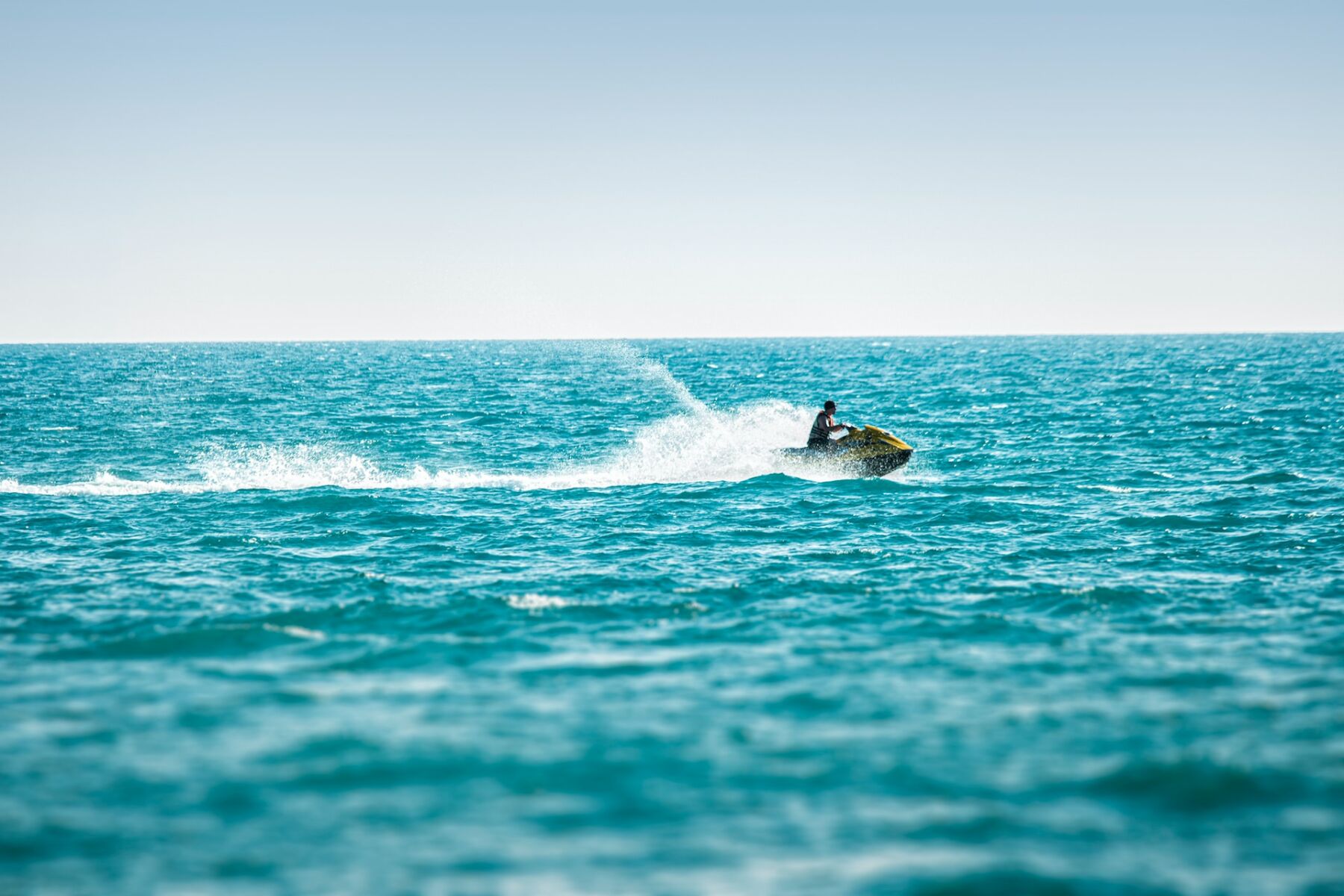
Lots of tourists rent a motorbike to get around cities like Phuket and Pattaya since it’s easy and very cheap. However, keep in mind that you do need to have a proper license to drive motorbikes in Thailand. If you want to rent a motorbike, be aware that not all rental companies are trustworthy. Some of them are renting out faulty or damaged motorbikes, and after the rental period ends, they might ask you to pay for the damage, even if it wasn’t your fault. To avoid this, always inspect the bike thoroughly before renting, document any existing damage, and take pictures to avoid such issues.
In addition to motorbikes, this scam can also happen to car rentals and jet skis.
Taxi scam
Taxis can be a convenient way to get around cities like Bangkok. A lot of taxi drivers are friendly and genuinely happy to take you to your destination, but there are a few who might try to take advantage. Some might claim the taximeter is broken to overcharge you, or even manipulate it to increase the fare. When you pay, they might give you a change and expect you to leave it as a tip. Be sure to pay attention to the metre and examine your change, especially during your first days in Thailand when you’re not familiar with the currency. You can also carry small banknotes to pay the drivers to avoid such issues.
Tuk tuk scam
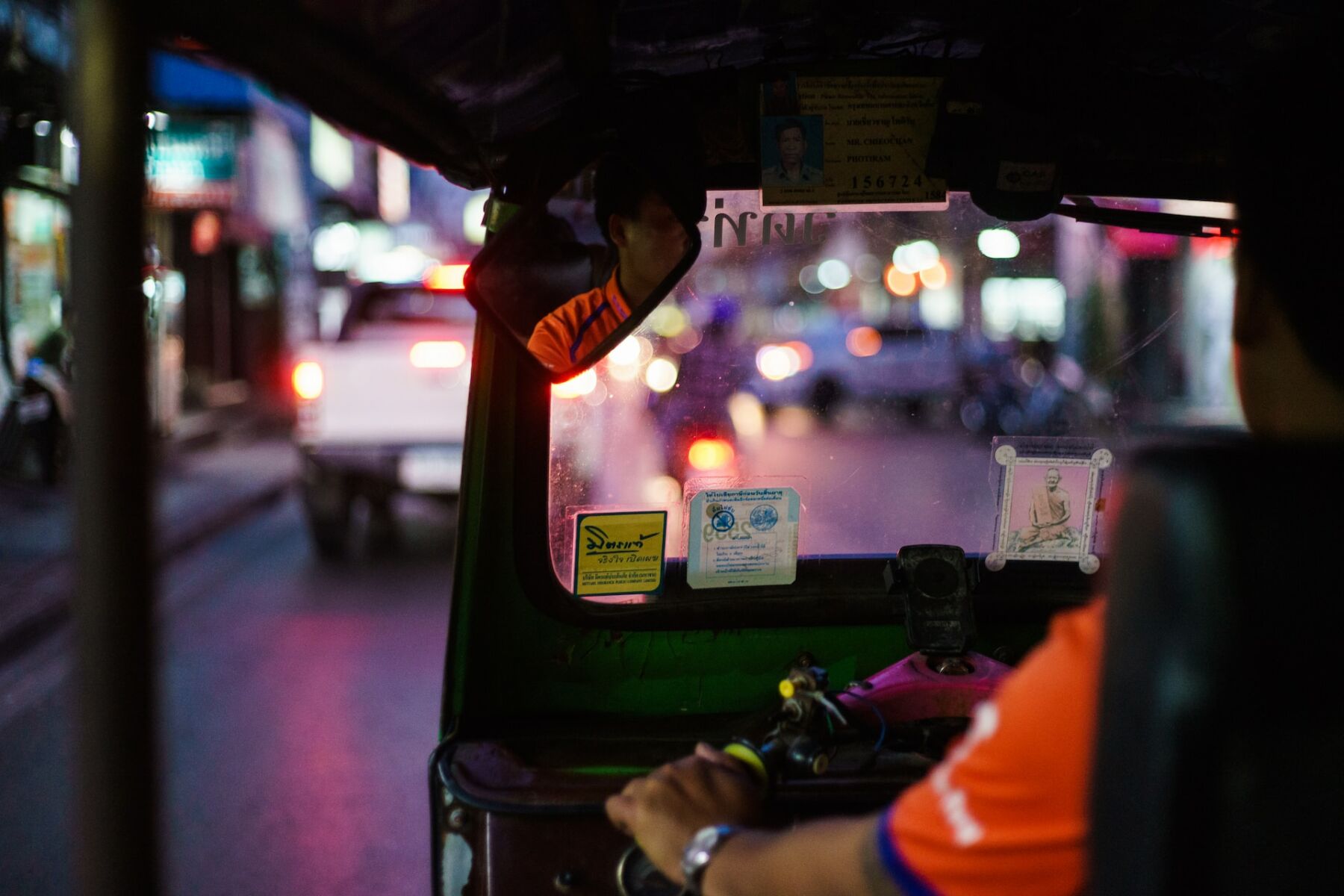
Tuk-tuks are a fun way to get around Thailand, but watch out for scams. Some drivers might promise a low fare to a tourist spot but then detour to shops where they earn commissions. These places often sell overpriced items, and tourists can feel pressured to buy or hold until they pay high fees. Some drivers inflate fares for short trips or take longer routes. A few may take tourists to secluded spots and demand more to return. They can also falsely claim closures or blocked routes, diverting you to commission-based shops.
Money exchange scam
When you’re in popular tourist spots, you might come across people on the street offering to exchange money, sometimes at a rate better than the official one. It might seem like a tempting deal, but the risk of getting ripped off is significant.
To stay safe, only exchange your money in local banks or at certified exchange booths that provide you with a receipt. The good news is that most of these legitimate places don’t charge any commission for this service. It’s the best way to ensure you’re getting a fair deal.
Online dating scam
Many singles visit Thailand in search of love, and quite a few turn to dating apps for this purpose. If you’re among them, it’s crucial to stay vigilant because the prevalence of Thai dating scams is on the rise. Numerous scammers might profess love right from the start, but their real motive is to extract money from you.
Pickpocketing
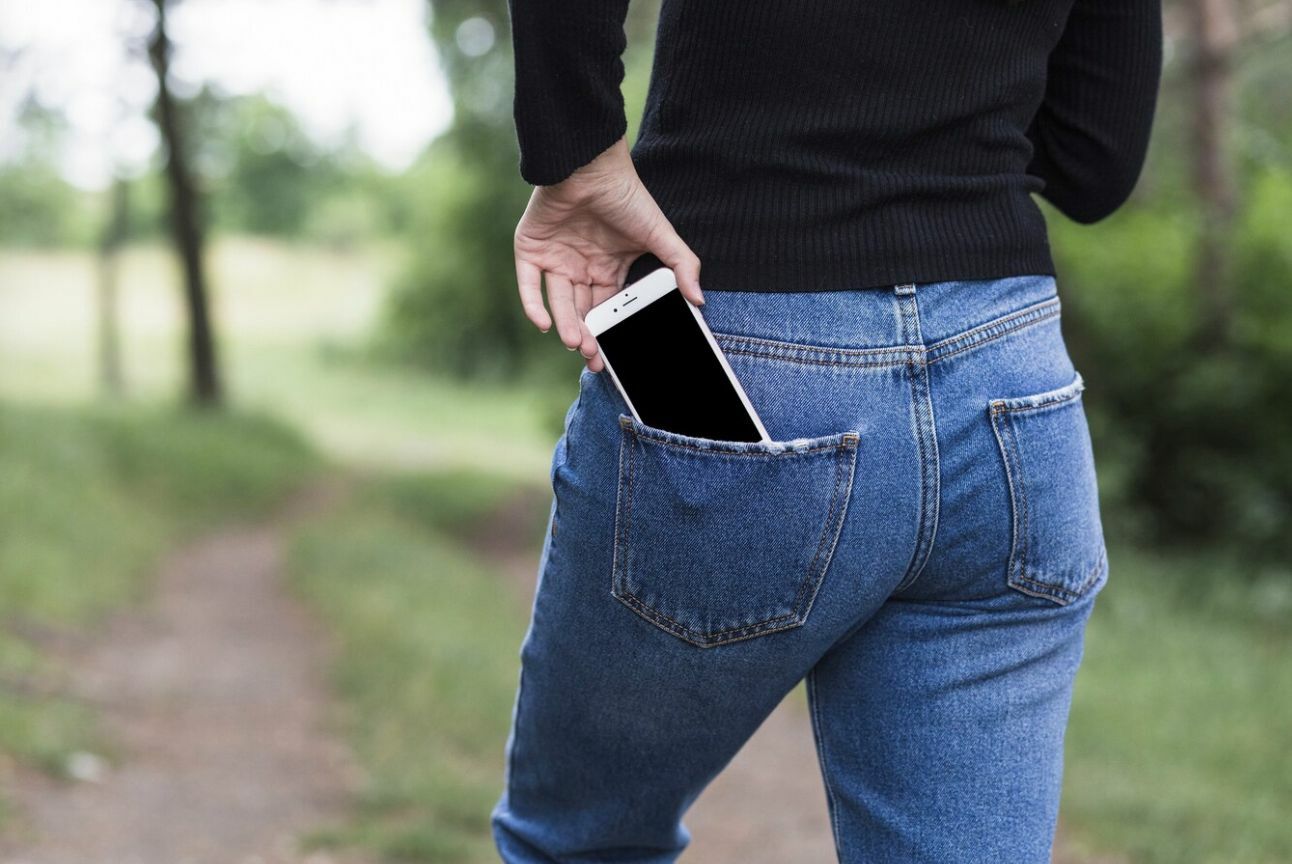
From Europe to Southeast Asia, it seems like pickpocketing is common everywhere, especially in crowded tourist areas. Pickpockets can snatch valuable items like money, passports, and jewellery, often using diversion tactics like staged fights or creating commotion. They thrive in busy places like markets and festivals, blending in to steal from tourists. Some pose as distressed individuals to gain trust, and they may work in teams.
In order to protect your belongings, consider wearing trousers or pants with zippered pockets. If that’s not an option, avoid storing valuables in your pockets altogether. Instead, use bags with secure zippers and wear them in front of your body.
What about terrorism?
Terrorism remains a global threat, and attacks, including bombings, can occur at any time and in any place, including popular tourist destinations like Bangkok and Phuket. Tourist areas are particularly vulnerable.
Nevertheless, Thailand’s major cities have been evaluated as having a moderate level of threat for terrorist activities.
Safety tips for travelling in Thailand
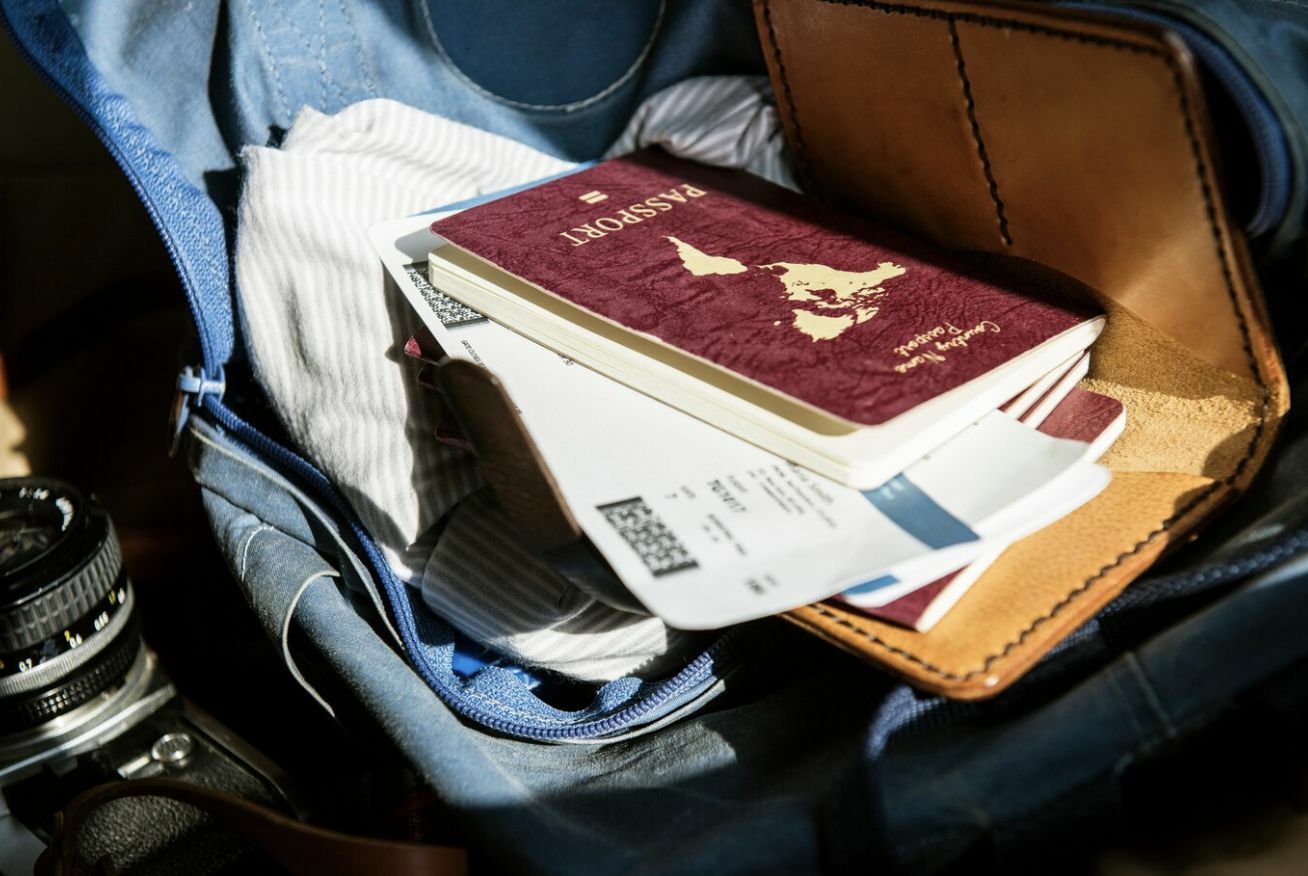
Secure your Belongings
When exploring, avoid carrying all your valuables with you. Leave most of your money and credit cards locked in a safe in your hotel room, and only take what you need for the day. On public transport, keep your wallet, camera, and phone in a secure location to deter pickpockets.
Stay informed about Scams
Thailand, like anywhere else in the world, has its fair share of scams, especially those targeting tourists. While not typically dangerous, falling for a scam can be a waste of money. Be vigilant and informed to avoid them.
Drink responsibly
If you plan on enjoying some drinks, do so as part of a group. Designate someone to stay sober and ensure everyone gets back safely. Avoid going out alone and getting so intoxicated that you become an easy target for petty thieves.
Conceal your valuables
For your safety in Thailand, refrain from holding your purse, wallet, or phone in your hand. Thieves are quick to target those who display their valuables openly. Ensure your belongings are secure, out of sight, and less appealing to potential thieves.
Secure your bag placement
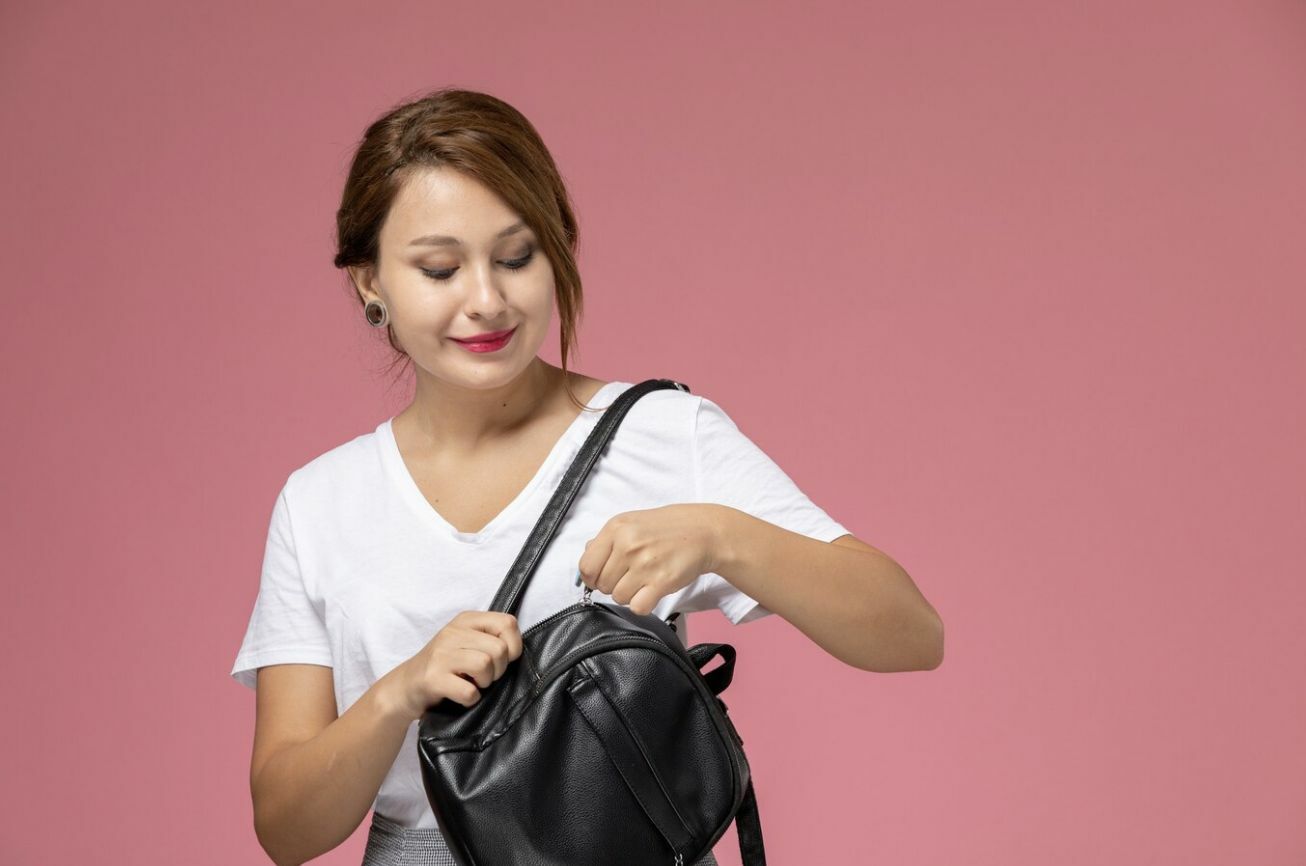
If you’re using a handbag, don’t walk with your handbag facing the road, as motorbike-based bag snatching is not uncommon. Instead, keep your bag on the side away from the road, clutching it close to your chest for added security. When navigating through crowded areas, carry your backpack and sling bag in front, not on your back. Pickpockets often operate in busy places, and this precaution can thwart sneak attacks.
Maintain composure and walk away
If faced with rudeness or unfair treatment, particularly from taxi drivers or market vendors, resist the urge to engage in arguments. Simply walk away. In Thailand, confrontations can quickly escalate, and it’s best to avoid unnecessary trouble.
Embrace the experience
While it’s essential to be cautious, don’t let fear overshadow your trip. Thailand is a welcoming and beautiful destination. Once you’ve acquainted yourself with safety tips, relax and immerse yourself in the experience. Enjoy the culture, the people, and the stunning surroundings without dwelling on potential mishaps.
Are female tourists in Thailand more prone to crime?

When it comes to exploring Thailand, it’s important to understand that the country is generally a safe destination for female tourists, including those travelling alone. However, it’s equally crucial to recognize that female travellers may encounter an elevated risk of certain crimes, such as drink spiking and sexual assault. To ensure a secure and enjoyable experience, here are some key precautions:
- Dress modestly: Wear modest clothing to avoid unwanted attention can help increase your safety while exploring Thailand.
- Choose secure accommodations: Select your lodging carefully by researching the area’s safety and reading online reviews.
- Monitor alcohol consumption: Limit your alcohol intake, and never leave your drink unattended to reduce the risk of drink spiking.
- Avoid public displays of affection: Public displays of affection, like kissing or embracing, are not well-received in Thai culture and can sometimes be misinterpreted. It’s best to avoid them.
- Exercise extra caution at night: When you’re in areas that might seem unsafe after dark or when surrounded by drunk people, it’s important to be extra vigilant.
- Stay aware and trust your instincts: Pay close attention to your surroundings and trust your instincts. If something doesn’t feel right, it’s best to remove yourself from the situation.
Now that you know that Thailand is a safe place to travel to, go book that ticket and experience all that the country has to offer. Scams and thieves are everywhere in the world, so the key is to keep your eyes open and be careful, but don’t forget to enjoy your trip to this beautiful country!
Latest Thailand News
Follow The Thaiger on Google News:


























